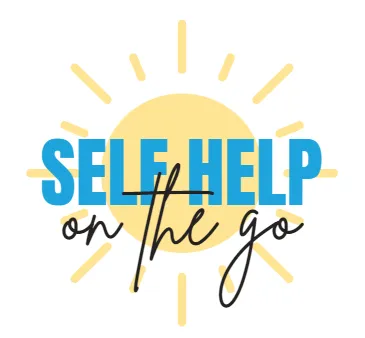

Psychological Flexibility for the Win!
Wow, what a difference a few weeks makes, huh? My last post was on “Business as Usual” despite the looming threat of illness. Now, business is anything but usual, since we are all on various levels of stay-at-home orders, with some in quarantine. For my business, the business of therapy, I am choosing to come into the office and “see” my clients, albeit virtually. In many ways this is business as usual since I am in my familiar surroundings and am keeping to roughly the same schedule. In other ways, things feel extremely different. It is strange to be in my office without clients coming in. It is different to be using phone and video conferences to meet with clients. I miss doing EMDR.
It has been fascinating to see how different people are responding to the COVID crisis. Some are terrified of getting sick themselves, others are anxious about infecting others, some are angry and hate feeling constricted. Then there are the folks I know who are thriving, despite the challenges.
Now before you assume that all of the people who are thriving are blessed with perfect health or a huge bank account, understand that is not the case. The common thread among those who are thriving isn’t a lack of problems. It is that they are approaching this time from a place of curiosity, openness and acceptance, even with all the problems that come with this unexpected time. In short, they are practicing psychological flexibility. So despite being laid off, or struggling with illness, or suddenly taking care of kids who should be in school, or worrying about their mother they are no longer allowed to visit, the ones who choose acceptance, curiosity and openness feel better and are able to think more clearly than the ones who are in resistance, rigidity and refusal.
Psychological flexibility is the art of acknowledging and accepting reality, and then determining what your next strategic move is in response to that reality. This is hopefully a move that is aligned with your core values. People tend to get a little defensive about the concept of acknowledging reality and really get their hackles up when I suggest that they accept this reality (mostly this happens when the reality isn’t one that they wanted).
There is a significant difference between accepting reality and approving of reality. For example, it would just be silly to pretend that the COVID crisis isn’t happening. Trust me, it is. At a small level, some of my favorite restaurants are closed because of it! At a larger level, some folks I know are sick, like really sick, because of it. It is real. It is also a lot of other things that I wouldn’t necessarily ask for: disruptive, frustrating, confusing, weird and poorly understood. What it is not, though, is not happening. See the difference? I can acknowledge and then accept reality. And in accepting reality, I can actually accept the reality that is right in front of me: this is here, I’m not a fan, and I’m especially concerned about the psychological toll this whole debacle is taking on people. What I can do next, once I have recognized reality, is to figure out what my next move is, one that complements my values, but takes into account the situation I am in. This is what helped me make the decision to pivot my practice to virtual sessions, but to also stay firm in doing these sessions at my office, where I can ensure privacy the way I usually do, and certainly much, much better than at my house where I have an office in a loft with no door on it! Acknowledge reality, accept it and then determine your next best move, lining it up with your values. Psychological flexibility for the win!